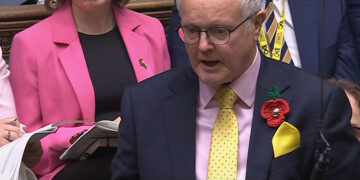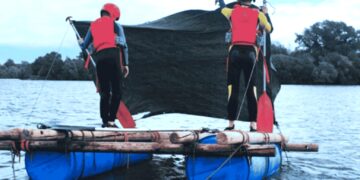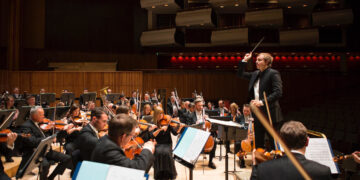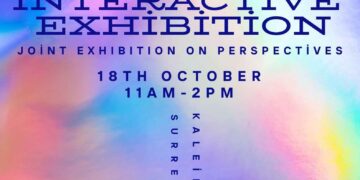You may have read our article last year about plans to introduce temporary measures for the remote witnessing of Wills.
The Wills Act of 1837 requires two witness signatures to be made in the presence of the person making a Will, also known as the testator, for it to be valid in England and Wales. Until recently, the Will would have to be witnessed in the physical presence of the testator. This has been problematic during the Covid19 pandemic for those self-isolating.
New rules came into effect on 28 September 2020 and they amended the Wills Act of 1837 by stating that the two witnesses can be present by means of a visual transmission. This amendment applies where a Will is made between 31 January 2020 and 31 January 2022. As with the current law, the vital safeguards requiring two witnesses will be maintained, to protect against undue influence and fraud.

The Government has issued guidance on how witnessing a Will via video technology would work in practice. In summary, this would involve the testator clearly showing the document on camera before signing it in clear sight of the witnesses watching via video link. The document would then be sent to the witnesses and the process repeated in clear sight of the testator. Any video call should also be recorded and retained to assist courts in the future, should any dispute regarding the Will arise.
It remains our view and that of most credible commentators that witnessing through technology should remain a last resort. Unless signing in the physical presence of witnesses would be impossible in the current circumstances, signing via video technology should not be used. Wills could instead be witnessed at a permitted social distance, through a window, or at the offices of legal professionals who may be able to accommodate face-to-face meetings.
We are seeing in the current circumstances a sense of urgency in decision making for those that do not have a Will and particularly those whose affairs are too complex to rush.
Some individuals have taken to making their own Wills without taking proper legal advice and may not have done so correctly, which could lead to challenges with respect to the testator’s intentions or the validity of the Will, because of uncertainty surrounding the circumstances of its creation. There is no guarantee that these are validly executed Wills and these make-do arrangements are likely to result in an upturn in Will disputes for various reasons. The full fall-out from decisions during the pandemic will, of course, start to unfold in the coming years.
We will continue to monitor these changes and ensure that the necessary safeguards are in place so that you and your loved ones receive the care and peace of mind that you need.













































